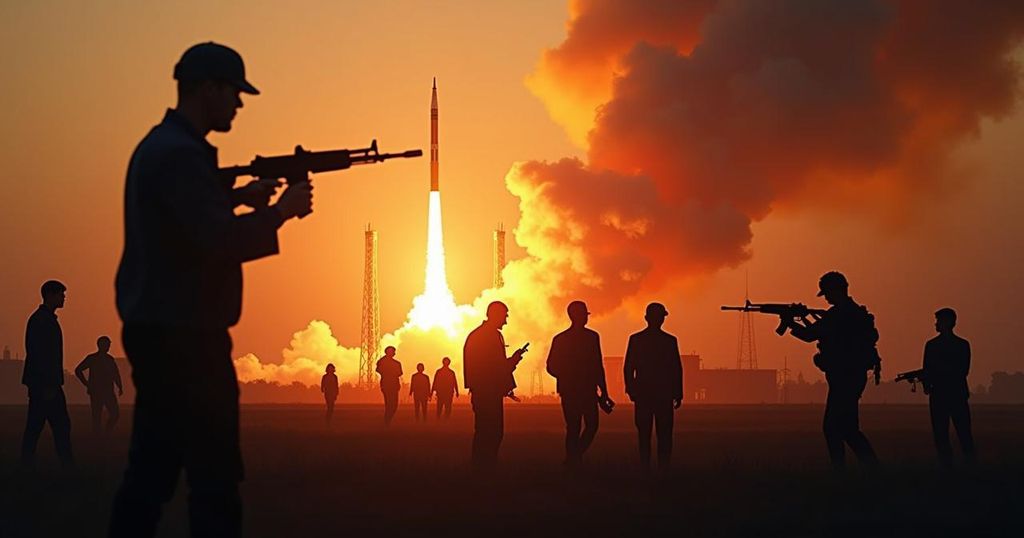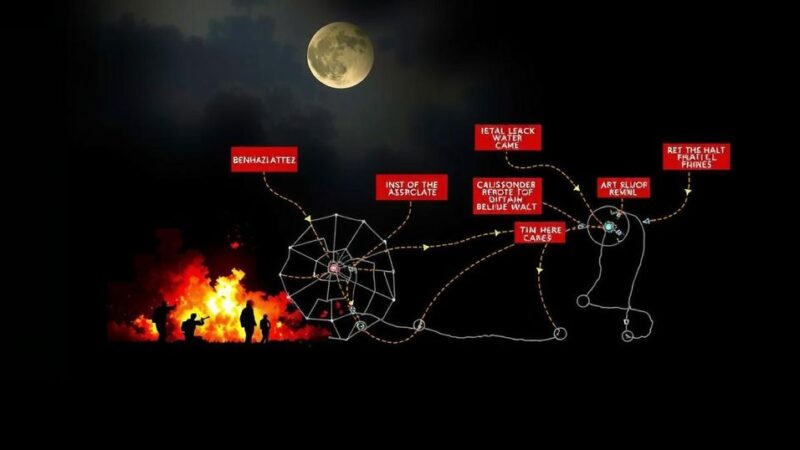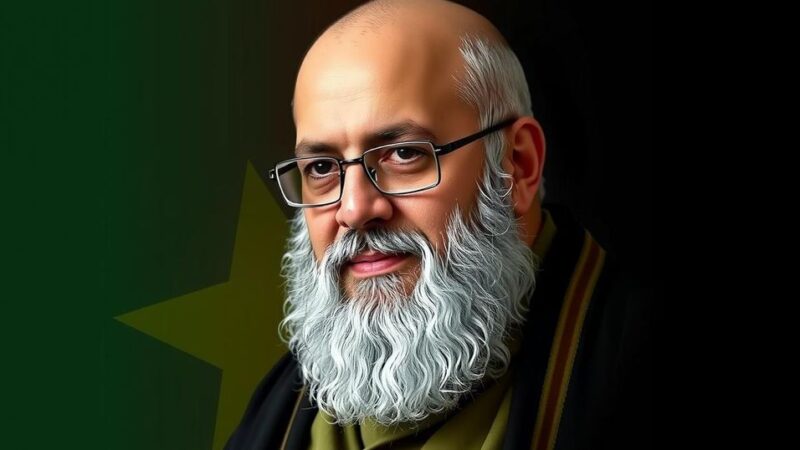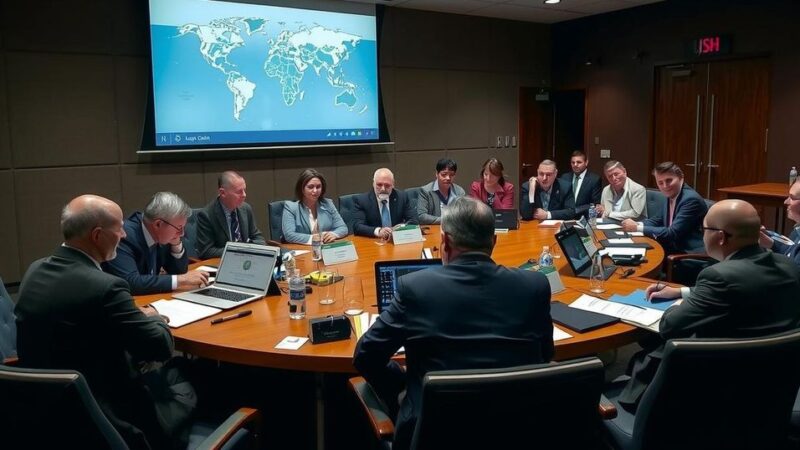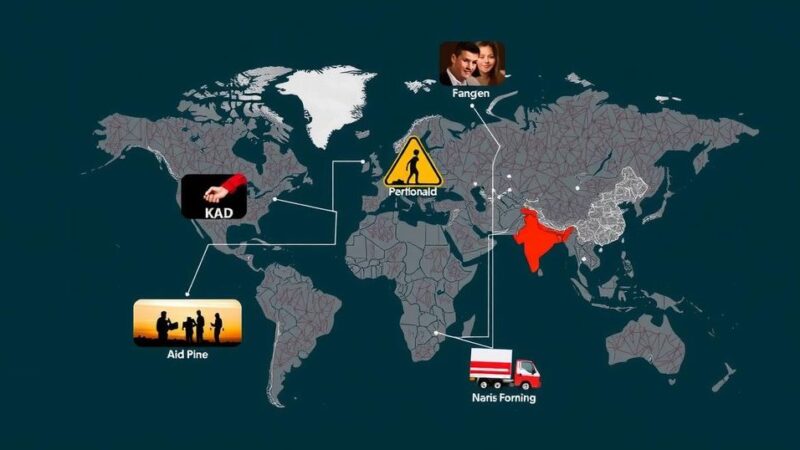Israel and the United States have announced consequences for Iran following its missile attacks against Israel, perceived as retaliation for the killing of key Hamas and Hezbollah leaders. The ongoing Israel-Gaza conflict has resulted in significant loss of life and humanitarian crises, leading to complex geopolitical tensions in the region.
On Tuesday, Israel and the United States issued strong warnings to Iran following its launch of approximately 200 ballistic missiles targeting Israel. This missile strike was characterized by Tehran as a corresponding reaction to the recent killings of significant Hamas and Hezbollah figures. Israeli Prime Minister Benjamin Netanyahu addressed the situation by stating, “This evening, Iran made a big mistake — and it will pay for it.” Meanwhile, White House National Security Adviser Jake Sullivan underscored that Tehran would incur “severe consequences” for its actions, which coincided with Israel’s initiation of localized ground operations aimed at dislodging Hezbollah militants from southern Lebanon. The broader backdrop includes an ongoing armed conflict between Israel and Gaza, which has been severely destructive and has resulted in extensive loss of life and humanitarian crises. The conflict escalated dramatically after Hamas militants conducted an unprecedented cross-border assault on Israel on October 7, claiming about 1,200 lives and taking numerous civilian hostages. In response, Israel has declared war on Hamas, further intensifying military operations that have led to significant displacement within the region. Following the death of senior Hamas leader Ismail Haniyeh, attributed to Israeli actions in July 2024, tensions have only mounted. In the Gaza Strip, Israel’s military actions have caused catastrophic devastation, with tens of thousands reported deceased and about half of the civilian population facing famine-like conditions. Despite mounting calls from Western allies to increase humanitarian support for Gaza, Israel continues to resist such pressures. Moreover, the United States has maintained its support for Israel by supplying military aid and vetoing United Nations resolutions aimed at establishing cease-fires, despite the existing complexities in U.S.-Israeli relations, particularly under the current Biden administration.
The recent missile strikes from Iran towards Israel and the subsequent promises of retaliation from both Israel and the United States are set against a backdrop of escalating conflict in the Middle East. The Israeli-Palestinian conflict has deep historical roots dating back to the establishment of the state of Israel in 1948, with cycles of violence persisting over the decades. The current situation was exacerbated by the violent emergence of Hamas and Hezbollah, both of which have been involved in ongoing hostilities with Israel. As regional tensions climb, the roles of international actors, notably the United States, have remained critical in shaping geopolitical dynamics.
In summary, the missile attacks by Iran on Israel signal a severe escalation in the ongoing tensions in the Middle East, bringing about strong declarations of impending consequences from both Israel and the United States. The conflict, which has its origins in deeply entrenched historical grievances, has led to widespread destruction and humanitarian crises, particularly in Gaza. The international community continues to regard the actions of Iran, Israel, and Hamas with concern, underscoring the necessity for diplomatic interventions to prevent further escalation.
Original Source: www.washingtonpost.com
